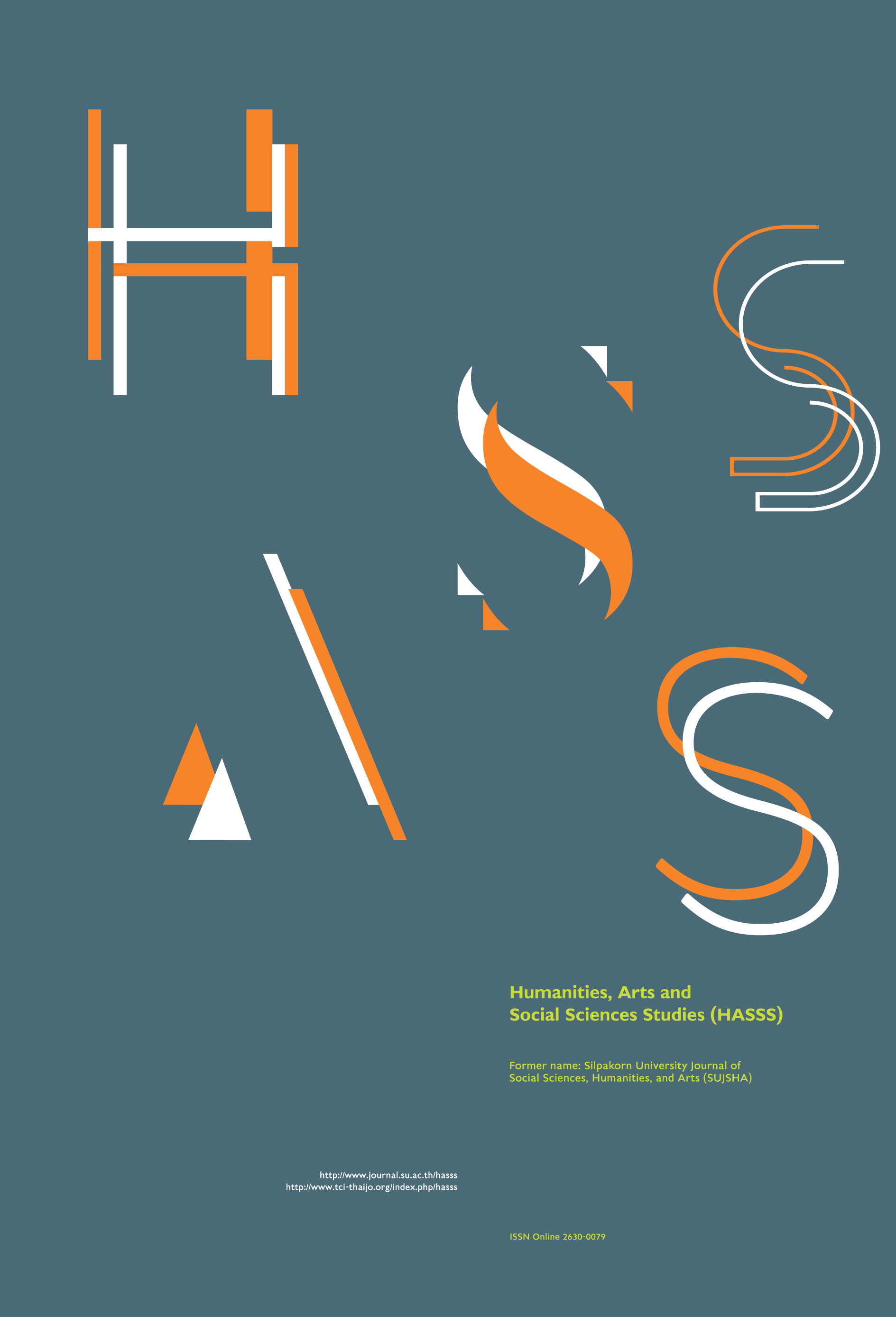The Model of Teacher's Professional Learning Community for the Non-Formal and Informal Education Center in Thailand's Upper Northern Region
Main Article Content
Abstract
The study aimed to 1) investigate the states, problems, needs, and factors that enhance the success of the PLC model 2) develop the teachers’ professional learning community model (TPLC model) for the non-formal education in Thailand’s districts of the upper northern region and 3) study the results of the model implementation. This mixed method research performed in two stages: the development of TPLC model and the user’s guideline and the implementation of TPLC model. Participants were 15 teachers and administrators in the non-formal and informal educational centers in Thailand’s upper northern region. Data were collected using opinion questionnaires, pretest and posttest, record of brainstorming; focus group discussion; and model evaluation, and field notes. The questionnaire was developed with the IOC at 1.0 and the reliability at .8237. Frequency value, percentage, mean, and standard deviation, and content analyses were performed to analyze the data. The findings of this study were 1) the state of PLC in the centers was at a low level, 2) the problem of PLC state in the centers was severe especially with regard to “continuous learning and professional development”, 3) the need for a state of TPLC in the centers was at a very high level, 4) the enhancement of 3 factors: the structure and conditions; technology; and human resources, toward the success of PLC model was paramount, 5) the TPLC model for the non-formal and informal educational centers in Thailand’s upper northern region consisted of 4 important components: shared values and vision; collaboration teamwork; continuous learning and professional development; and common good practice, and 6) the higher results in all 3 parts: the state of TPLC in the non-formal and informal educational center; TPLC comprehensive test; and participants’ satisfaction, showed after the implementing of TPLC model (significance level = .05).
Downloads
Article Details
All rights reserved. Apart from citations for the purposes of research, private study, or criticism and review,no part of this publication may be reproduced, stored or transmitted in any other form without prior written permission by the publisher.
References
Chookamnerd, W. (2014) A model of professional learning communities of teachers toward 21st century learning of schools in Thailand. Graduate Theses and Dissertations, Songkla, Thailand: Educational Administration, Prince of Songkla University.
Daungkaew, R., Chongcharoen, K. & Phuangsomjit, C. (2017) A follow-up study of performance outcomes in non-formal and informal education base on national education standards. Veridian E-Journal 10(1): 90-110. [Online URL: https://www.tci-thaijo.org/index.php/Veridian-E-Journal].
DuFour, R., Dufour, R., Eaker, R. & Many, T. (2006) Learning by doing : a handbook for professional learning community at work. Bloomington, IN.: Solution Tree Press.
Forde, C., McMahon, M., McPhee, A., Patrick, F. (2006) Professional development, reflection and enquiry. London: Paul Chapman Publishing. [Online URL: https://www.sagepub.com].
Intanam, N. (2010) Development of a benchmark for building profes-sional learning communities in schools. Graduate Theses and Disser-tations, Bangkok, Thailand: Educational Measurement and Evaluation Research and Psychology, Chulalongkorn University.
Kenoyer, F. E. (2012) Case Study of Professional Learning Community Charateristics in on Egyption Private School. Doctor’s Dissertation. College of Educational Development Laboratory.
Knowles, M. (1980) The modern practice of adult education: What is Andragogy. Chicago: Follet.
Meesuk, P. (2009) Effects of teacher participatory program design for teacher professional development. Graduate Theses and Dissertations, Bangkok, Thailand: Educational Research Methodology, Chulalongkorn University.
Ministry of Education. (2003) The National Education Act 1999 and amendment (2). Bangkok: Express Transportation and Publishing Organization of Thailand.
Ministry of Education. (2008) The National Education Act of the Non-Formal and Informal Education 2008. Bangkok.
Ministry of Education. (2017). Policy of the Minister of Education Fiscal year 2017. [Online URL: https://www.moe.go.th/moe/th/news/detail.php?NewsID=47695&Key=news20] accessed on March 27, 2018.
Nimagon (2017) Guidelines for potential development of Professional Learning Community of school for children with physical and health impairments under special education bureau. Journal of Research and Development in Special Education Research Development Institute for Special Education 6(2): 65.
Panich, V. (2012) 21st learning skills. Bangkok: Tathata publication Co., Ltd.
Phisutsinthop, S. (2010) A model of professional learning community development in the Catholic University. Graduate Theses and Dissertations, Nakhon Ratchasima, Thailand: Educational Administration, Vongchavalitkul University.
Suesat, P. (2012) Development guidelines of sub-district non-formal education facilitators’ performance quality in western region. Graduate Theses, Nakornpathom, Thailand: Lifelong Educational and Human Development, Silpakorn University.
Theparee, P. (2014) A Development of professional learning commu-nitymodel for the primary schools teachers. Graduate Theses and Dissertations, Bangkok, Thailand: Research and Curriculum Devel-opment, Srinakharinwirot University.
The Secretariat of the House of Representatives, (2014) Abstracts on Thailand reform in education issues. 1st Ed., Bangkok.


